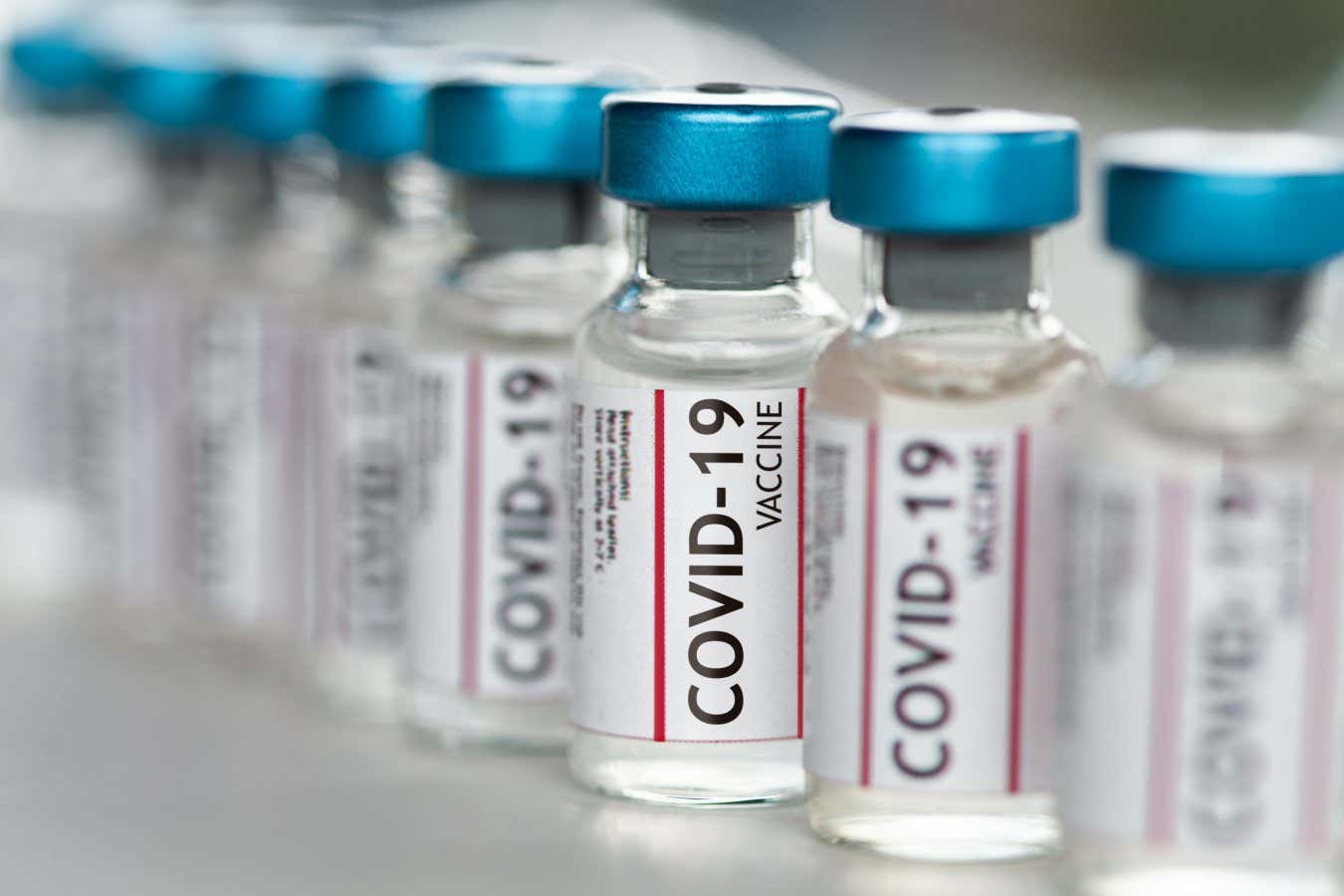New Scientist explains how the latest covid-19 booster vaccines are different from previous ones, and who should get them
By Michael Le Page
18 September 2023
Covid-19 vaccines are updated to tackle the latest variants
MarsBars/E+/Getty Images
Several countries, including the US, Canada and the UK, have approved new covid-19 booster vaccines, targeting a more recent variant than the boosters used last year. Here is what you need to know.
What exactly is in the new boosters?
The boosters, made by Moderna and Pfizer, consist of an mRNA recipe for making the spike protein of the XBB.1.5 variant of SARS-CoV-2. The spike protein protrudes from the surface of the virus and plays a part in infecting cells. Newer variants have changes in their spike protein that help them evade the antibodies we have to older variants. The boosters stimulate our immune systems to produce antibodies to the new versions of the spike protein.
Is the XBB.1.5 variant still around?
XBB.1.5 was chosen for the boosters because it was the main variant causing infections in June, when the vaccines needed to be finalised. It has already been largely replaced by yet more new variants, but most of these are closely related to XBB.1.5, so the boosters should still provide excellent protection.
Advertisement
Read more:
Moderna's improved mRNA covid-19 vaccine is effective at lower doses
Will the boosters protect against the new BA.2.86 variant?
BA.2.86 is an emerging variant with lots of changes in the spike protein, so there has been concern about the extent to which it can dodge the protection from vaccination or previous infections. However, an initial study released last week shows that the XBB boosters should work well against the BA.2.86 variant, too.
Why do the boosters no longer contain the original version of the SARS-CoV-2 virus?
Last year’s covid-19 boosters contained a mix of mRNA coding for the spike protein from the original virus and that of the BA.4 and BA.5 variants. Studies suggested that these bivalent boosters were less effective than they might have been because including the original strain tended to make the immune system rev up its previous response, instead of focusing more on the newer variants. So, this year’s boosters are monovalent, only containing mRNA for making the spike protein of the XBB.1.5 variant.
